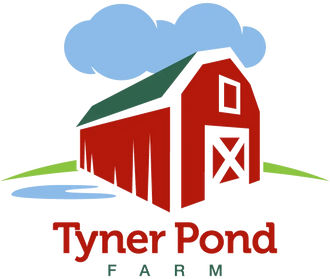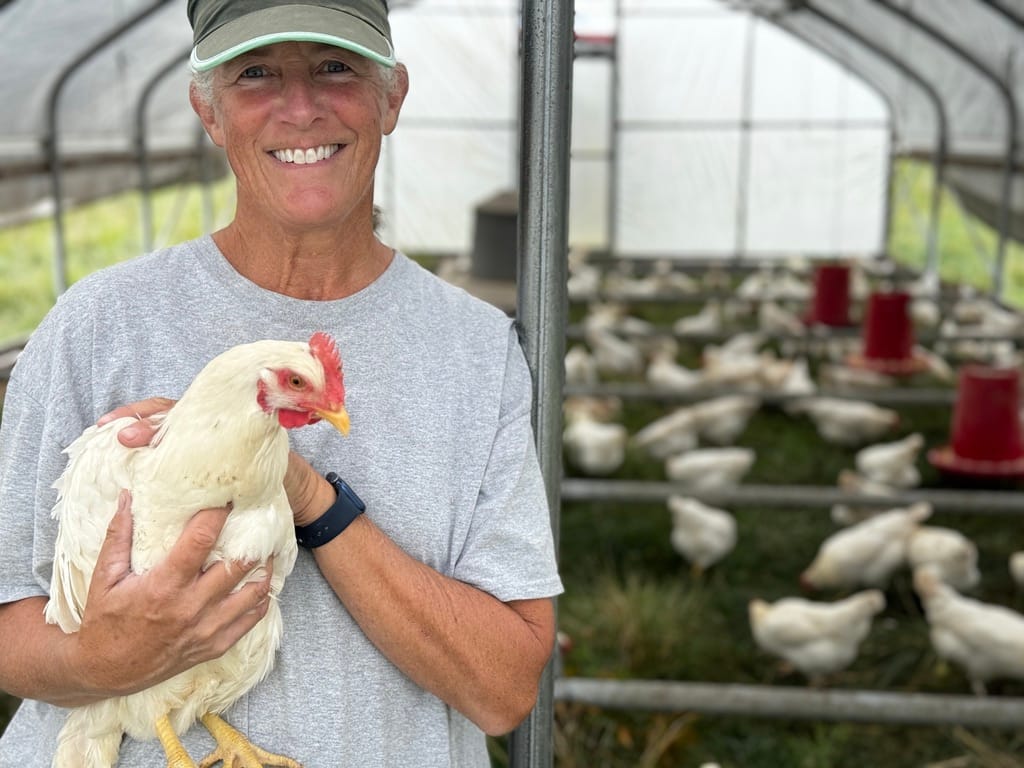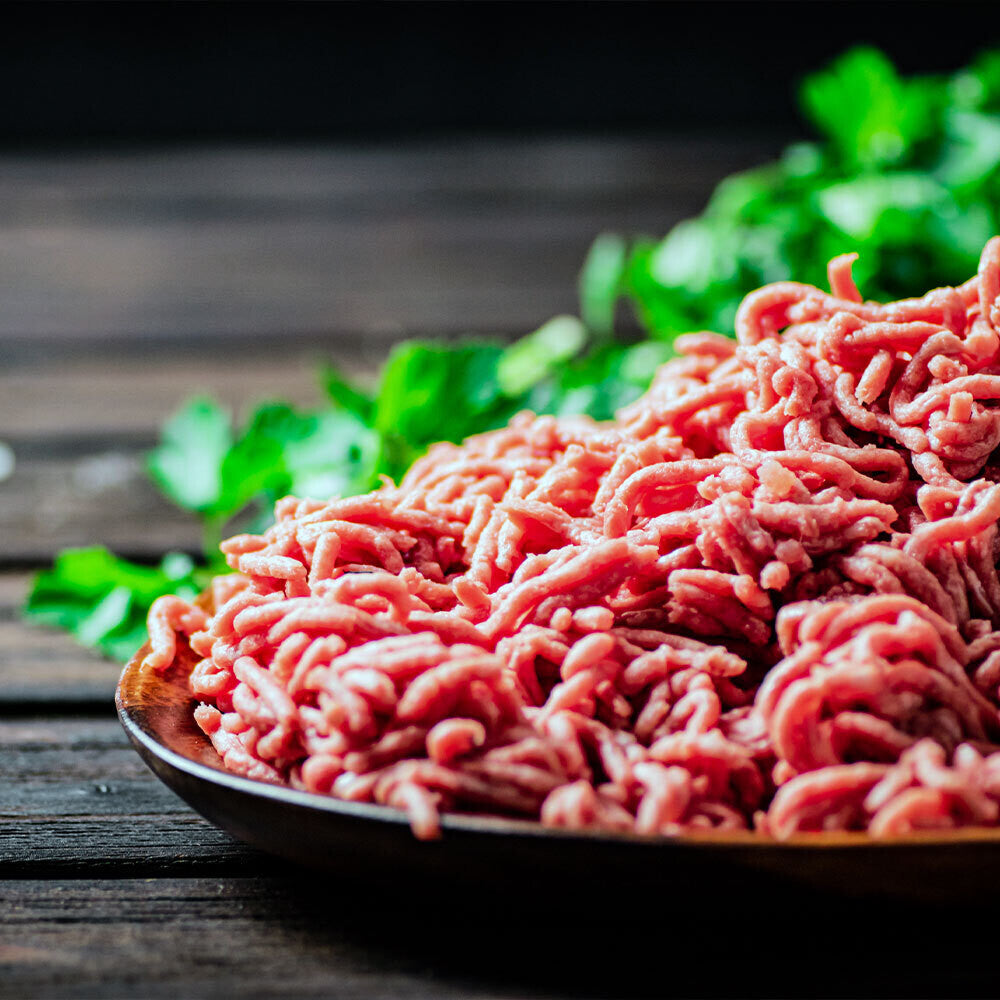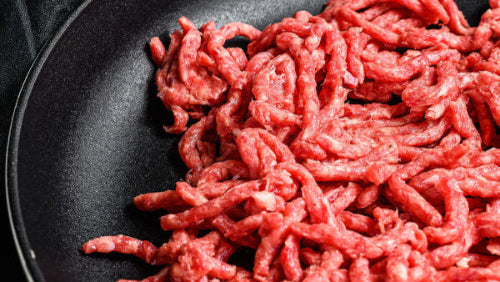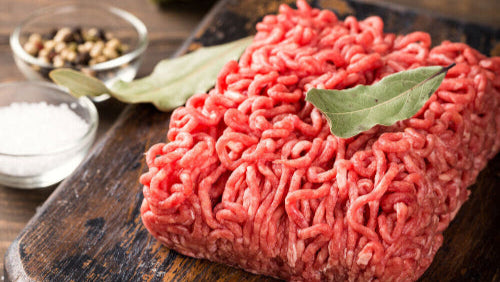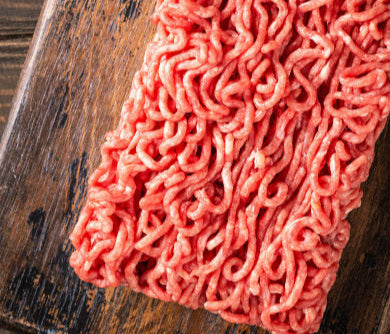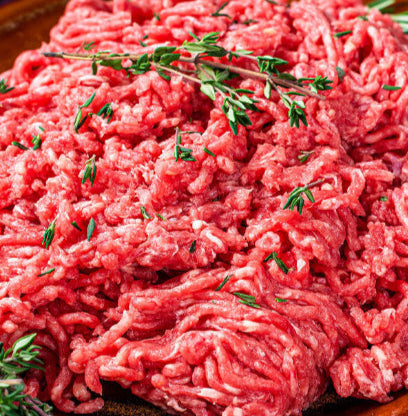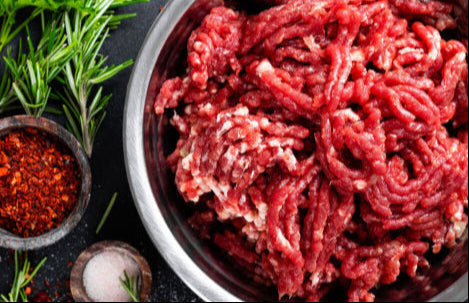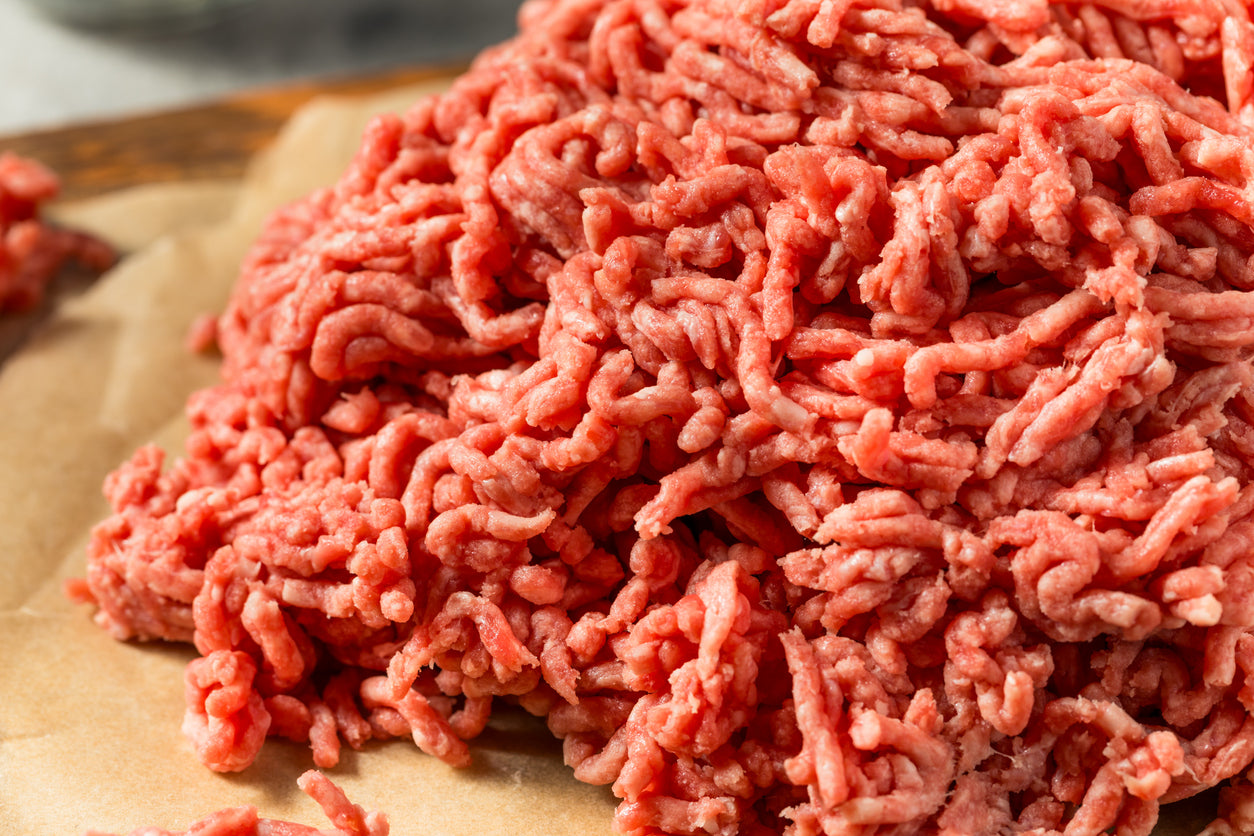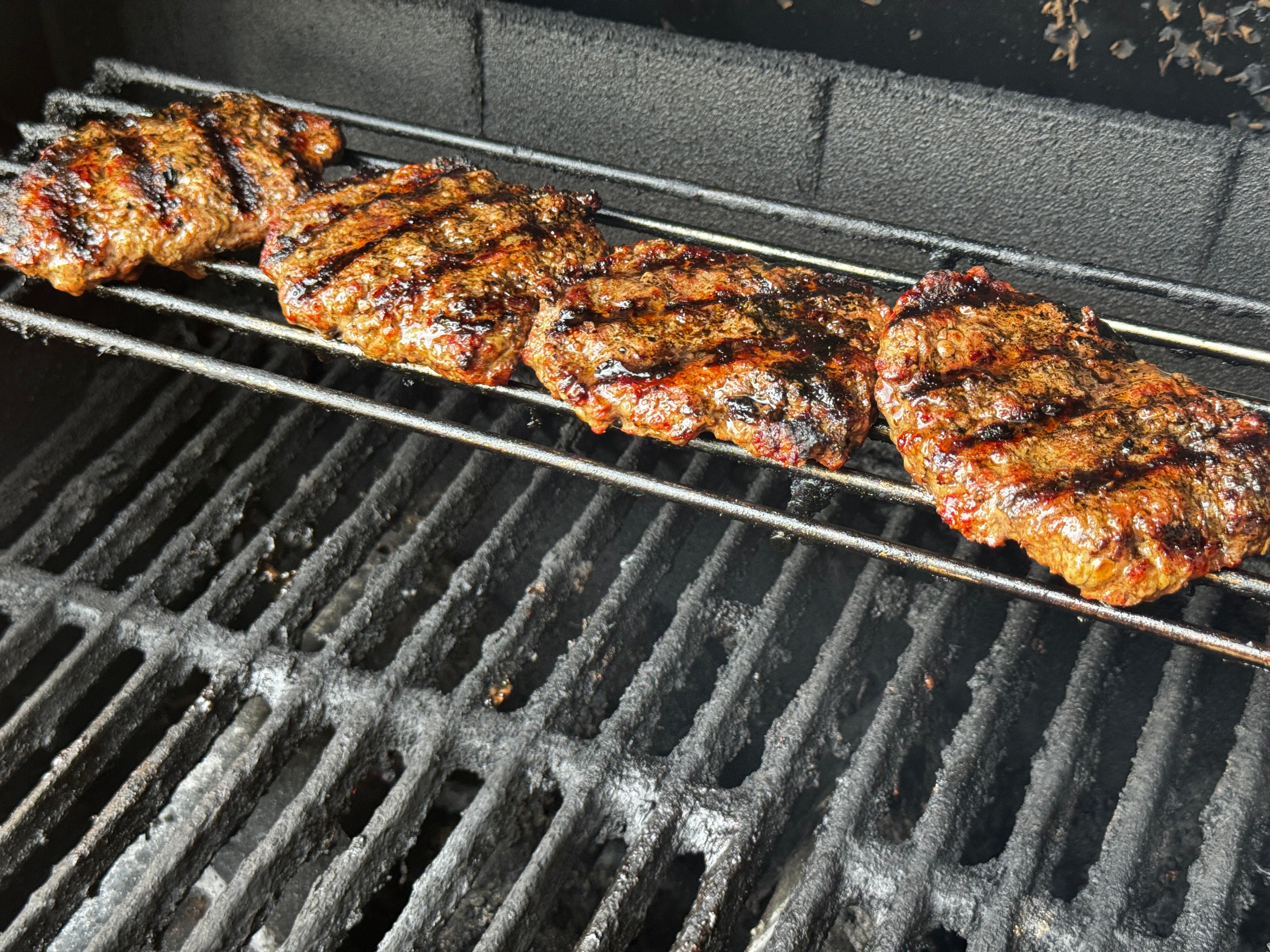
Exploring the Marvels of Dung Beetles: Unsung Champions of Regenerative Agriculture
Note, we also have an accompanying video on YouTube. Click here to view..
 A Dung Beetle
A: Dung Beetles are insects that belong to the family Scarabaeidae and are known for their unique feeding behavior. Dung beetles primarily feed on animal feces, which they use as a food source and as a place to lay their eggs. They play an important role in ecosystems by helping to break down and recycle organic matter, including animal waste.
Dung beetles are highly specialized in their adaptations for dung feeding. They have strong mandibles for breaking apart and consuming dung, as well as specialized mouthparts and digestive systems to extract nutrients from this resource. They also have a remarkable ability to roll balls of dung and bury them underground, which serves as a food source and nesting site for their offspring.
Besides their ecological significance, dung beetles have also been admired for their interesting behaviors and adaptations. They have evolved various strategies for navigating and orienting themselves, such as using the position of the sun or moon for navigation. Some species even exhibit intricate dung-rolling behaviors that involve rolling balls of dung in a straight line, often over long distances.
Overall, dung beetles are fascinating creatures that contribute to the health and balance of ecosystems by recycling organic matter and promoting nutrient cycling. Their unique adaptations and behaviors make them a subject of study and admiration among entomologists and nature enthusiasts.
A Dung Beetle
A: Dung Beetles are insects that belong to the family Scarabaeidae and are known for their unique feeding behavior. Dung beetles primarily feed on animal feces, which they use as a food source and as a place to lay their eggs. They play an important role in ecosystems by helping to break down and recycle organic matter, including animal waste.
Dung beetles are highly specialized in their adaptations for dung feeding. They have strong mandibles for breaking apart and consuming dung, as well as specialized mouthparts and digestive systems to extract nutrients from this resource. They also have a remarkable ability to roll balls of dung and bury them underground, which serves as a food source and nesting site for their offspring.
Besides their ecological significance, dung beetles have also been admired for their interesting behaviors and adaptations. They have evolved various strategies for navigating and orienting themselves, such as using the position of the sun or moon for navigation. Some species even exhibit intricate dung-rolling behaviors that involve rolling balls of dung in a straight line, often over long distances.
Overall, dung beetles are fascinating creatures that contribute to the health and balance of ecosystems by recycling organic matter and promoting nutrient cycling. Their unique adaptations and behaviors make them a subject of study and admiration among entomologists and nature enthusiasts.
Q: What exactly are Dung Beetles?
 A Dung Beetle
A: Dung Beetles are insects that belong to the family Scarabaeidae and are known for their unique feeding behavior. Dung beetles primarily feed on animal feces, which they use as a food source and as a place to lay their eggs. They play an important role in ecosystems by helping to break down and recycle organic matter, including animal waste.
Dung beetles are highly specialized in their adaptations for dung feeding. They have strong mandibles for breaking apart and consuming dung, as well as specialized mouthparts and digestive systems to extract nutrients from this resource. They also have a remarkable ability to roll balls of dung and bury them underground, which serves as a food source and nesting site for their offspring.
Besides their ecological significance, dung beetles have also been admired for their interesting behaviors and adaptations. They have evolved various strategies for navigating and orienting themselves, such as using the position of the sun or moon for navigation. Some species even exhibit intricate dung-rolling behaviors that involve rolling balls of dung in a straight line, often over long distances.
Overall, dung beetles are fascinating creatures that contribute to the health and balance of ecosystems by recycling organic matter and promoting nutrient cycling. Their unique adaptations and behaviors make them a subject of study and admiration among entomologists and nature enthusiasts.
A Dung Beetle
A: Dung Beetles are insects that belong to the family Scarabaeidae and are known for their unique feeding behavior. Dung beetles primarily feed on animal feces, which they use as a food source and as a place to lay their eggs. They play an important role in ecosystems by helping to break down and recycle organic matter, including animal waste.
Dung beetles are highly specialized in their adaptations for dung feeding. They have strong mandibles for breaking apart and consuming dung, as well as specialized mouthparts and digestive systems to extract nutrients from this resource. They also have a remarkable ability to roll balls of dung and bury them underground, which serves as a food source and nesting site for their offspring.
Besides their ecological significance, dung beetles have also been admired for their interesting behaviors and adaptations. They have evolved various strategies for navigating and orienting themselves, such as using the position of the sun or moon for navigation. Some species even exhibit intricate dung-rolling behaviors that involve rolling balls of dung in a straight line, often over long distances.
Overall, dung beetles are fascinating creatures that contribute to the health and balance of ecosystems by recycling organic matter and promoting nutrient cycling. Their unique adaptations and behaviors make them a subject of study and admiration among entomologists and nature enthusiasts.
Q: Explain why dung beetles would be important for holistically managed grass fed beef?
A: Dung beetles play a crucial role in the ecosystem and can be particularly beneficial for holistically managed grass-fed beef operations. Here are a few reasons why dung beetles are important in this context:Nutrient recycling: Dung beetles help break down animal waste, such as cow dung, and accelerate its decomposition. By burying dung balls or tunneling beneath it, they create channels for decomposition organisms to access the dung. This process promotes nutrient recycling, returning valuable nutrients back into the soil, which benefits the overall health and fertility of the pasture. Soil health and aeration: As dung beetles tunnel beneath dung piles, they effectively mix organic matter into the soil. This action enhances soil structure, improves water infiltration, and increases aeration. By incorporating organic material into the soil, dung beetles contribute to soil fertility and the development of a healthy soil ecosystem. Pest control: Some species of dung beetles help control pest populations by removing and burying dung that may harbor pests, such as flies and parasites. By reducing the availability of suitable breeding sites for these pests, dung beetles can help minimize their populations naturally. Pasture cleanliness: By removing dung from the surface and burying it, dung beetles help keep pastures cleaner. This can reduce the risk of disease transmission, decrease the presence of flies and other pests, and create a more pleasant grazing environment for livestock. Sustainable grazing systems: Holistic management practices aim to mimic natural processes and promote ecosystem balance. By fostering a healthy dung beetle population, grass-fed beef operations can align with these principles. Dung beetles contribute to the overall resilience and sustainability of grazing systems by enhancing nutrient cycling, soil health, and pest control.In summary, dung beetles are valuable allies in holistically managed grass-fed beef operations. Their activities support nutrient cycling, soil health, pest control, and the overall balance of the ecosystem. By promoting a thriving dung beetle population, farmers can enhance the sustainability and productivity of their grassland ecosystem
Q: Can common drugs used in livestock negatively impact dung beetle populations?
Common drugs used in livestock, such as parasiticides and antibiotics, can negatively impact dung beetle populations. Here are a few ways these drugs can affect dung beetles:Parasiticides are chemicals used to control internal and external parasites in livestock. When animals are treated with parasiticides, residues of these chemicals can pass through their digestive system and end up in their dung. Dung beetles may be exposed to these residues when they come into contact with the dung, which can have toxic effects on their physiology and behavior. Prolonged exposure to parasiticides can lead to reduced dung beetle populations and disrupt their important role in nutrient cycling and soil health. Antibiotics are commonly used in livestock to prevent and treat bacterial infections. When animals are administered antibiotics, the drugs can be excreted in their dung. Dung beetles that feed on or interact with antibiotic-contaminated dung may experience negative effects on their survival, reproduction, and overall population dynamics. Antibiotics can disrupt the natural microbial balance in the dung, affecting the decomposition process and nutrient recycling mediated by dung beetles.By being mindful of the potential negative impacts of drugs used in livestock and employing sustainable farming practices, farmers can protect and preserve dung beetle populations, ensuring their vital contributions to the ecosystem's functioning and the overall health of the grassland ecosystem.
Q: So, dung beetles help the farmer not need drugs because they remove dung that cause diseases?
A: We know that dung beetles play a crucial role in the farm ecosystem by efficiently removing and recycling livestock dung. By doing so, they help to break down and disperse the dung, which can have several benefits for farmers:Disease Control: Livestock dung can harbor pathogens and parasites that can pose health risks to the animals. By promptly burying and removing dung, dung beetles help to limit the exposure of livestock to these disease-causing organisms. This natural sanitation process can contribute to a healthier environment for the animals, reducing the need for chemical interventions like drugs. Nutrient Cycling: Dung beetles facilitate the decomposition of dung, enhancing nutrient cycling in the soil. They break down the organic matter, releasing valuable nutrients that can be absorbed by plants. This nutrient cycling process improves soil fertility and reduces the need for synthetic fertilizers. As a result, farmers can rely more on natural processes and reduce their dependence on chemical inputs. Pasture Health: Accumulated livestock dung can negatively impact forage quality and impede grass growth. Dung beetles help to disperse the dung, preventing the formation of dense patches and allowing for a more uniform distribution of nutrients across the pasture. This can promote healthier and more productive grazing areas for livestock.By harnessing the benefits of dung beetles, farmers can effectively manage livestock waste, promote a healthier environment for their animals, and reduce the need for drugs or chemical interventions. Encouraging dung beetle populations through holistic land management practices can contribute to sustainable and regenerative farming systems.
Q: So, by removing the dung via dung beetles farmers able to actually increase available forage by improved fertilization as well as sanitation. Technically, they can rotate back to a given paddock sooner?
A: Yes, By utilizing dung beetles to efficiently remove and break down livestock dung, you can experience several benefits that positively impact your grazing management:Improved Fertilization: Dung beetles help to break down the dung, enhancing nutrient cycling in the soil. As they bury the dung, they incorporate organic matter into the soil, releasing valuable nutrients that can benefit plant growth. This natural fertilization process can lead to improved forage quality and nutrient availability, allowing you to rotate back to a paddock sooner with healthier vegetation. Reduced Contamination: Livestock dung left on the pasture can lead to patchy distribution and accumulation, which can impede grass growth and create areas of reduced forage availability. By removing the dung, dung beetles prevent the formation of dense patches and ensure a more even distribution of nutrients across the pasture. This helps to minimize areas of reduced forage quality and promotes overall pasture health. Faster Recovery and Grazing Rotation: With improved nutrient cycling and reduced dung contamination, your pastures can recover more quickly. The increased availability of nutrients and healthier vegetation allows you to implement more effective rotational grazing practices. This means you can rotate back to a paddock sooner, providing fresh forage for your livestock and allowing for proper rest and regrowth of the grazed areas.By harnessing the services of dung beetles, you can enhance the productivity and health of your pastures, optimize grazing rotations, and maximize the use of available forage. It's a win-win situation where both your livestock and the land benefit from the natural processes facilitated by dung beetles.
Q: Can you elaborate on the role of dung beetles and cattle fly control?
A: Dung beetles play a significant role in cattle fly control through their efficient dung removal behavior. :Dung Removal: Dung beetles quickly locate fresh cattle dung and efficiently remove it from the pasture. By burying the dung or rolling it into tunnels, they prevent it from becoming a breeding ground for flies. This removal process disrupts the life cycle of flies by eliminating their preferred environment for egg laying and larval development. Decreased Fly Attraction: Flies are attracted to fresh dung as a food source for their larvae. When dung beetles rapidly remove the dung, it becomes less attractive to flies, reducing their presence in the vicinity. As a result, the overall fly population is reduced, leading to improved animal welfare and reduced annoyance from flies. Accelerated Dung Decomposition: Dung beetles break down and bury dung, which accelerates the decomposition process. This process removes the warm and moist environment that flies require for reproduction. By exposing the dung to air and soil microorganisms, dung beetles aid in its decomposition, further reducing fly breeding sites and potential fly populations.By actively removing and burying dung, dung beetles help control fly populations by disrupting their life cycle and reducing the availability of suitable breeding sites. This natural fly control mechanism provided by dung beetles contributes to a healthier and more comfortable environment for cattle and other livestock.
Conclusion
Dung beetles play a crucial role here at Tyner Pond Farm. We appreciate them for the services they provide our ecosystem and the numerous benefits they bring to our farm. By utilizing their natural instincts and behaviors, we've seen a complete transformation in our pastures. Dung beetles help us maintain a healthier and more sustainable environment by efficiently recycling and disposing animal waste which improves soil fertility, and reduces the risk of disease transmission. Their presence allows us to optimize our grazing rotations, increase forage availability, and minimize the need for synthetic interventions. We are committed to fostering a harmonious relationship with these remarkable creatures and will continue to support their populations as we work to manage a regenerative and resilient farming system. If you would like to watch our video on Dung Beetles, Click Here...
Tags:
Previous post
Spend Your Summer at the Sugarberry Farmhouse on Tyner Pond Farm
Next post
